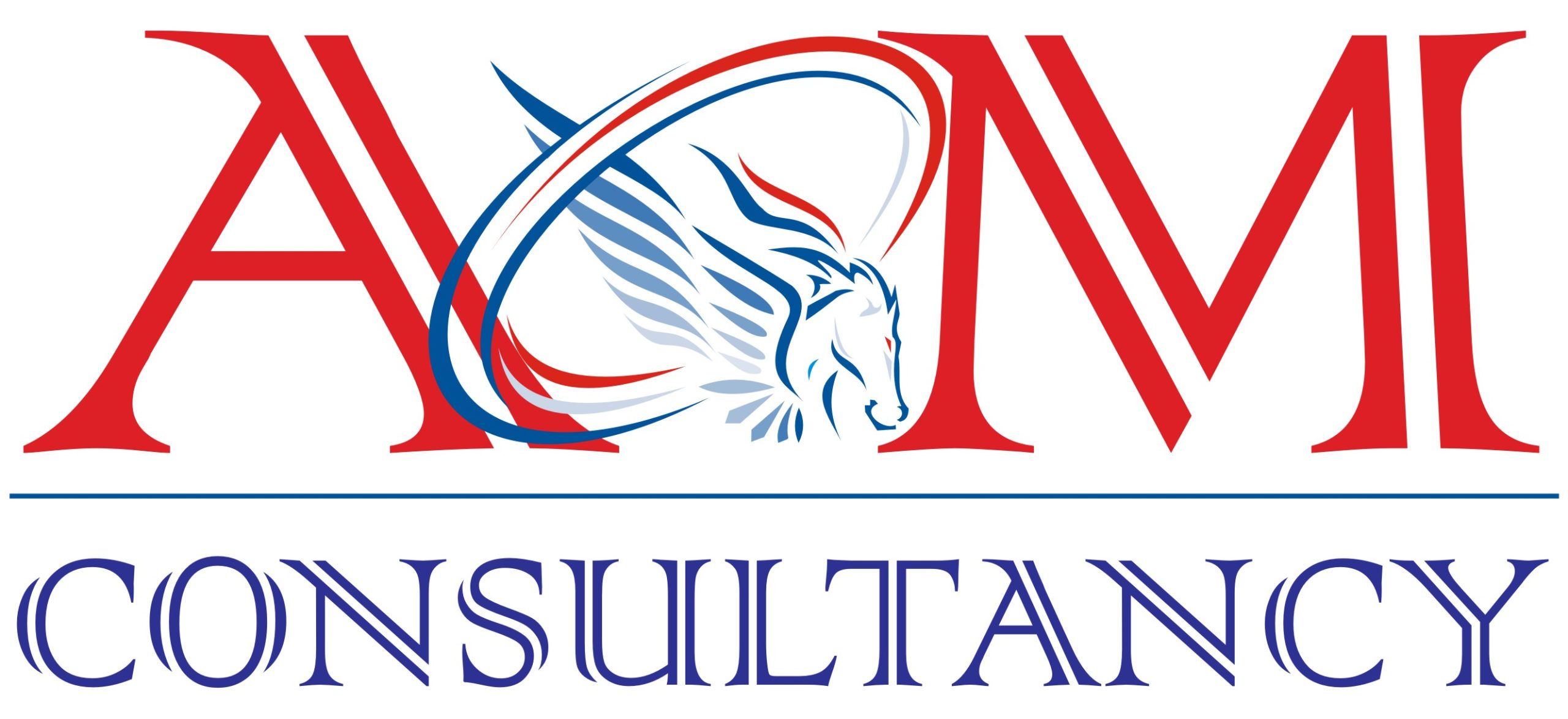It is an ISO technical specification aimed at the development of a quality management system that provides for continual improvement, emphasizing defect prevention and the reduction of variation and waste in the automotive industry supply chain.
The standard is based on the ISO 9001 standard and the first edition was published in June 1999 as ISO/TS 16949:1999.
It was prepared by the International Automotive Task Force (IATF) and the “Technical Committee” of ISO. It harmonizes the country-specific regulations of quality Management systems.
About 30 percent of the more than 100 existing automobile manufacturers affiliate the requirements of the norm but especially the large Asian manufacturers have differentiated, own requirements for the quality management systems of their corporate group and their suppliers.
ISO/TS 16949 applies to the design/development, production and, when relevant, installation and servicing of automotive-related products.
The requirements are intended to be applied throughout the supply chain.
Benefits of IATF 16949
The companies large and small have gained great benefits from using this standard by discovering cost and efficiency savings. Here are the explanations of six main benefits and why they are important:
Improvement of your credibility and image – Because IATF 16949 is an internationally recognized standard, it has become the basis for creating a Quality Management System (QMS) around the world, replacing many previously published requirements. When a company is looking for a supplier, it is often a requirement to have a QMS based on IATF 16949 in order to be considered.
Qualify to supply the automotive industry – This is one of the main drives for companies to get certified against IATF 16949. In order to get big customers from the automotive industry, you have to demonstrate that you are able to provide high-quality products with no defects, and an IATF 16949 certificate will prove it.
Improvement of customer satisfaction – One of the quality management principles that are the foundation of the IATF 16949 requirements is to improve customer satisfaction by planning for and striving to meet customer requirements. By improving your customer satisfaction, you will retain more repeat customers and a happy customer bring additional revenue.
Better process integration – By looking at the overall process interactions through the process approach of IATF 16949, you will be able to more easily find improvements in efficiency and cost savings. This is done through eliminating the waste that can occur when processes are maintained without a view of the inefficiencies that can arise during process handoff. The better process flow can also be used to drive efficiencies towards fewer errors and resulting reworks, which can improve cost savings.
Improve your evidence for decision making – A second quality management principle of IATF 16949 is the need to use evidence-based decision making. By driving your decisions based on the evidence, rather than on “gut feelings,” you can be more focused on applying resources to the areas that will improve efficiencies and increase cost savings with less trial and error to find the right decision. Also, by monitoring the process you are improving, you will be able to see how much improvement has happened based on the data.
Create a continual improvement culture – Continual improvement is a third quality management principle of IATF 16949. By adopting this culture to improve your processes and organizational output, you will find efficiencies and cost savings, including the use of systematic processes when problems occur in order to reduce the impact of the problem and increase the speed of recovery. By making this continual, improving year after year, the company can see continuing benefits from this.
Engagement of employees – Employees who are involved in the improvements of the processes they work with are happier and more engaged employees. Who better than the people working on the process to best identify the areas that need improvement, and to help to test and advance these improvements when they are implemented? Engaged employees are more productive and will help the company better improve and save, especially when they understand how the quality of the process depends on them.
It’s a path to excellence.
The international nature of IATF 16949 has already been identified; and, compared to ISO 9001, it raises the bar even higher. If your organization has already implemented ISO 9001 and you want to make your Quality Management System even better, IATF 16949 can be a logical choice. Even companies that don’t have any relationships with the automotive industry recognize the value of this standard and what it brings to the company, so many of them are starting to implement some of the core tools provided by IATF 16949.
